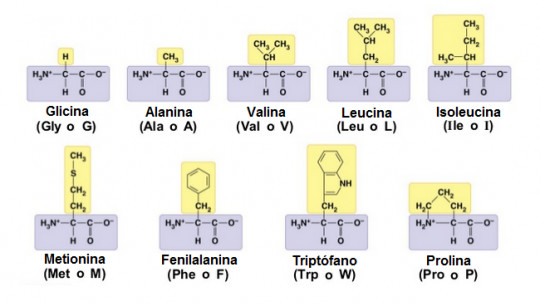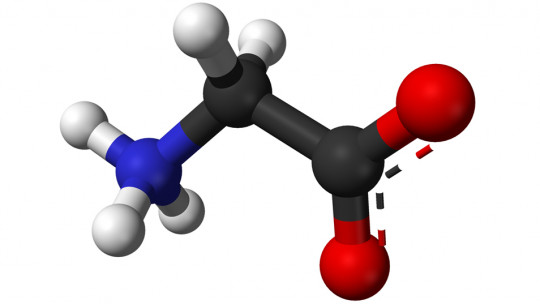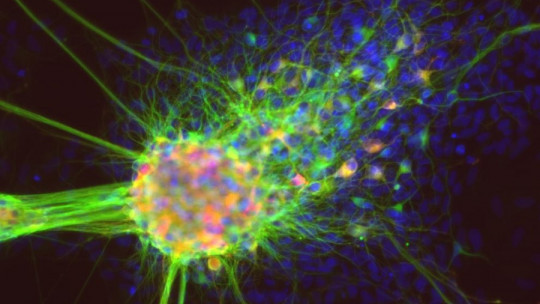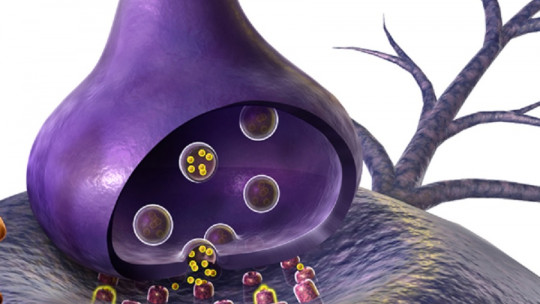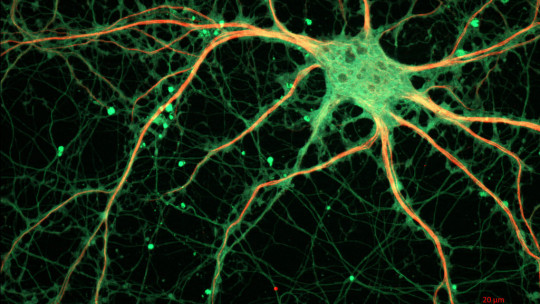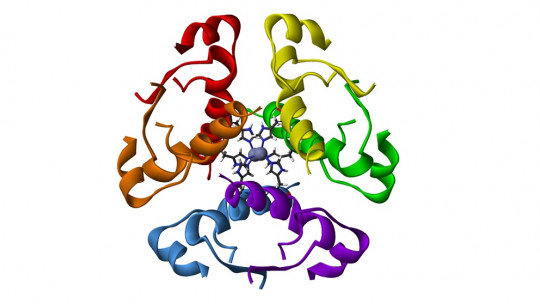Glutamine is a non-essential amino acid used by many bodybuilders for its benefits for bodybuilding However, and although many are unaware of it, it is important for our brain and nervous system. In this article you will find, in detail, the benefits and properties of glutamine.
Glutamine: a non-essential amino acid
Glutamine, as said in the previous paragraph, is a non-essential amino acid. And what does this mean? First I will explain what amino acids are and then the difference between essential and non-essential amino acids
What are non-essential amino acids?
Amino acids are essential nutrients for our body , since they are the raw material of proteins. In nature there are hundreds of them, but only 20 are part of proteins (protein amino acids). The difference is that some of them are synthesized by the body and the others are not, so it is necessary to obtain them through the diet. The former are called non-essential amino acids, while the latter are essential amino acids.
Therefore, glutamine belongs to the first group, and is found in large quantities in both blood and muscle. Although it is a non-essential amino acid, that does not mean that it is not important, since participates in building strong muscles, as well as maintaining a healthy and productive brain
Glutamine in the brain
In recent decades, glutamine has been gaining ground in the world of sports nutrition due to its benefits for increasing muscle mass. However, The brain also benefits greatly from this substance for different reasons
Glutamine is key in increasing brain function because it participates in the increase of two very important neurotransmitters: glutamate and GABA (gamma-aminobutyric acid), two chemicals used by the neurons of the nervous system. time to communicate with each other.
The relationship between glutamine, glutamate and GABA
From glutamate the body forms glutamine, which in turn produces glutamate, the main excitatory neurotransmitter of the nervous system. Glutamate deficiency is associated with fatigue or performance problems Therefore, glutamine participates in improving attention, learning and increases cognitive function.
But glutamine also increases GABA production and vice versa. GABA is the most important inhibitory neurotransmitter in the brain. Low levels of this neurotransmitter are associated with anxiety disorders, sleeping problems, depression and schizophrenia.
Implications of glutamine
Thus, glutamine plays different functions within the human brain and is involved in changes in mood, anxiety, irritability or insomnia. Likewise, this substance increases short- and long-term memory and increases concentration; and glutamine deficiency is associated with:
Glutamine and its relationship with stress
The body’s demand for glutamine increases during times of physical and mental stress, weakening the body. And, at the same time, Glutamine is an important energy provider for the immune system and intestinal cells or, which creates a vicious circle. In those moments of physical and mental tension, taking glutamine supplements is highly recommended, always after consulting with your family doctor.
For those who are reluctant to consume supplements, it is possible to obtain glutamine through food intake. But although we can find this substance in some foods, glutamine is usually destroyed after the cooking process. Therefore, it is advisable to consume these products raw. Among the foods rich in glutamine, the following stand out: spinach, parsley, milk or nuts.
Glutamine and muscle benefit
Glutamine is the most common amino acid found in muscles, since, in skeletal muscle, it represents approximately 60% of its constituent amino acids. It consists of 19% nitrogen, making glutamine a primary transporter of this chemical into cells.
During intense training, glutamine levels drop dramatically , causing a decrease in strength, endurance and recovery. In reality, it can take up to 6 days for the body to return to normal levels; That is why glutamine, especially for athletes, plays an important role in protein synthesis. Several researches have concluded that supplements can minimize this wear and tear and improve protein metabolism.
Mainly, at the muscular level, glutamine provides the following benefits:


